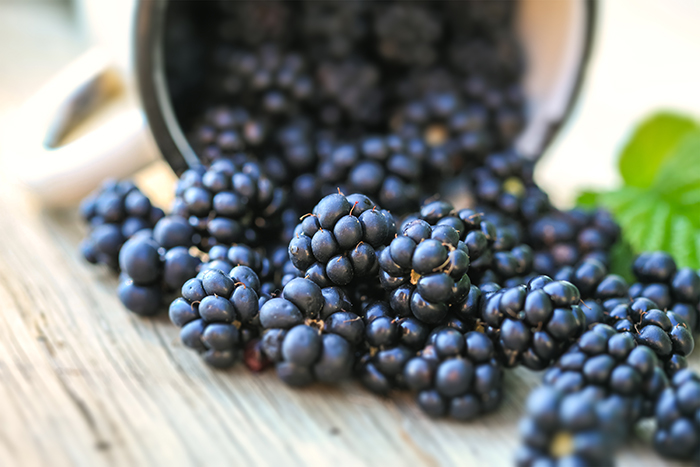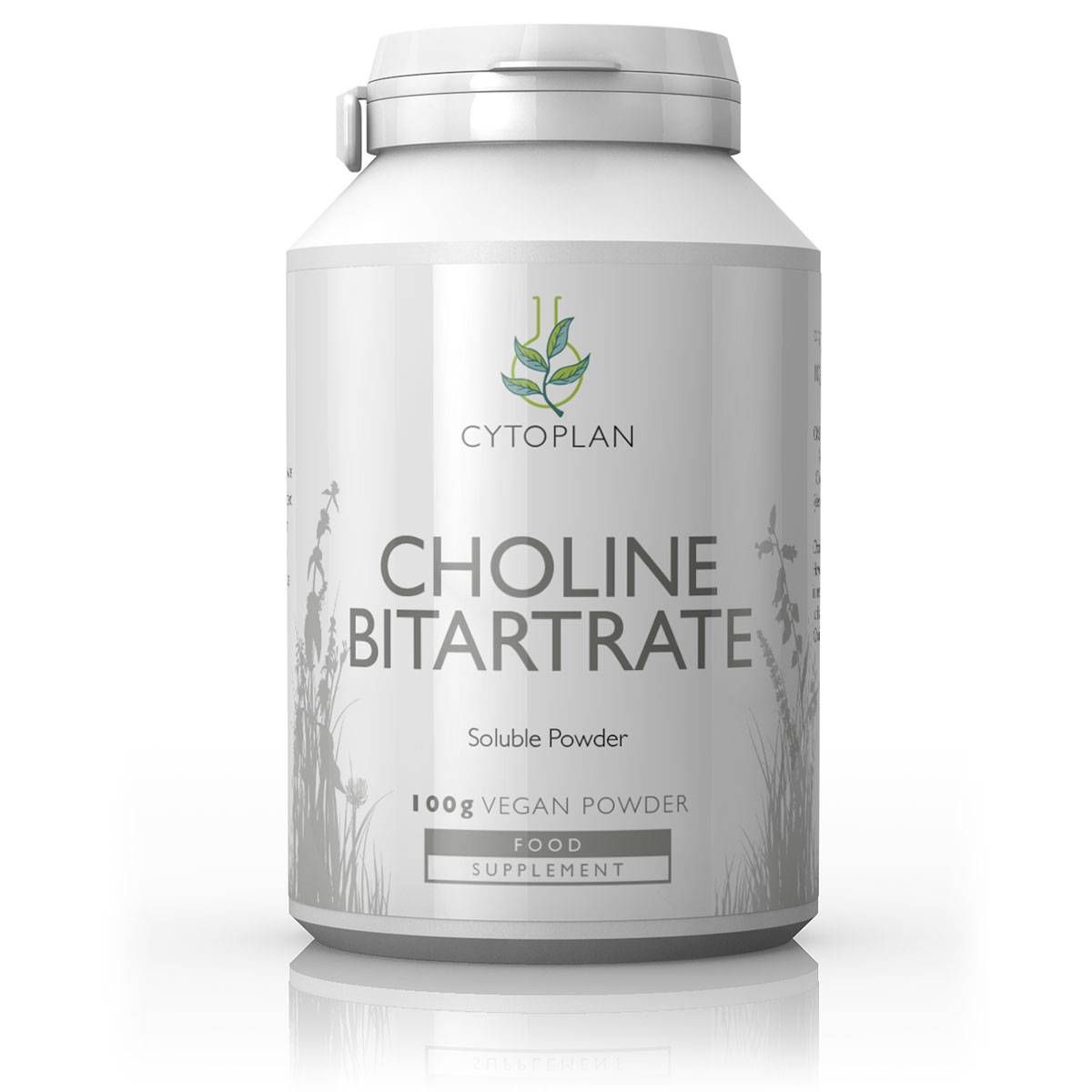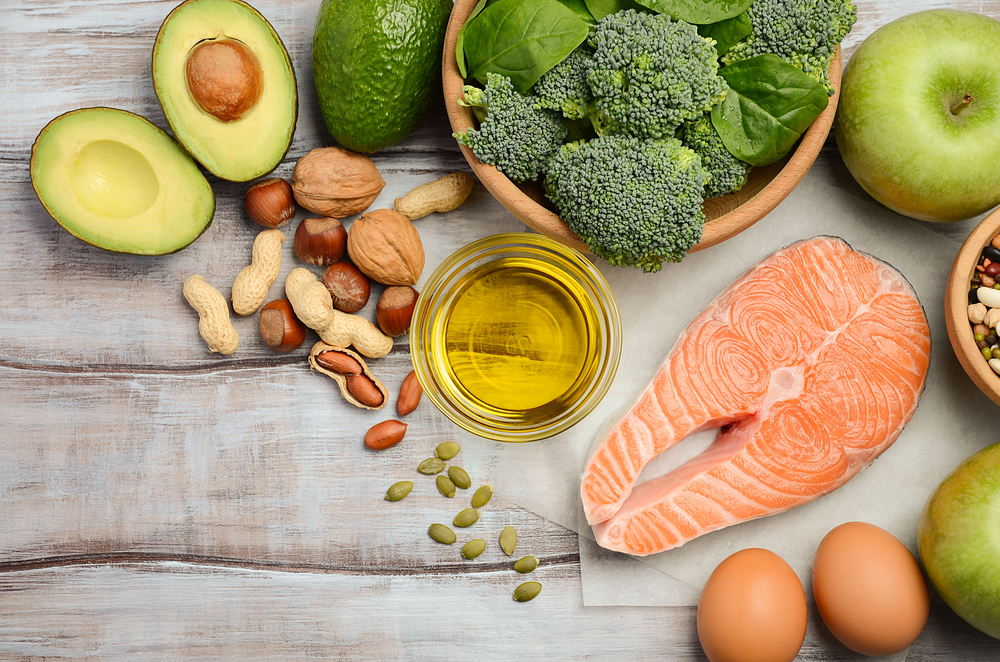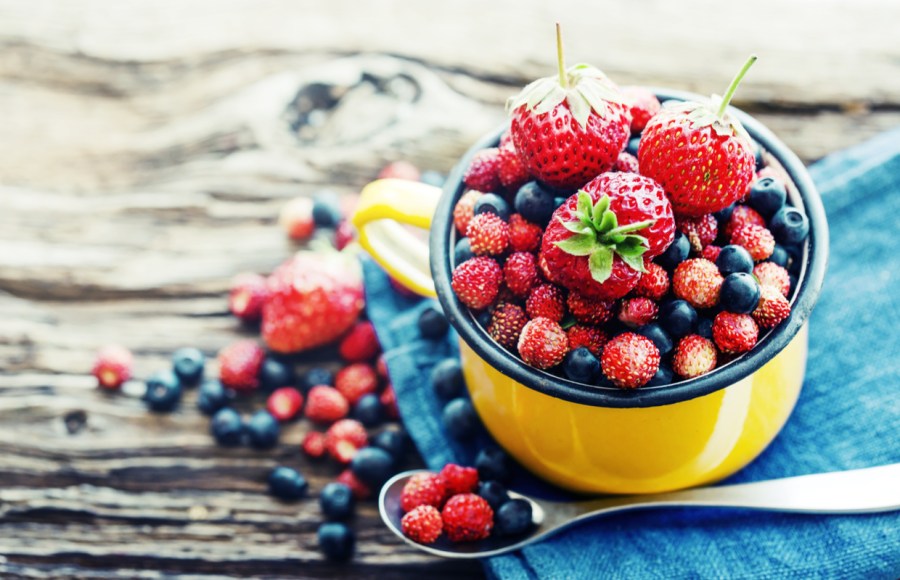Research shows that long-term exposure to air pollution can seriously affect your health. With pollution levels higher than ever, we explore the health effects of air impurities, before revealing the best foods to protect against air pollution. Time to build up your defence with the anti-pollution diet…
Every breath of fresh air you take provides a revitalising boost for your brain and body. So, regularly running or walking outdoors should be a prescription for good health. But what if the air you breathe is not so clean? You can’t see air pollution, but the tiny pollution particles and invisible gasses you’re breathing in every day could be harming your health. In fact, Public Health England has called air pollution ‘the biggest environmental threat to health in the UK’. Shockingly, up to 36,000 deaths a year are caused by long-term exposure to dirty air.
‘Pollution is like an assault on the body. Especially if you have a chronic breathing condition, such as asthma,’ says Professor Maggie Rae, president of the Faculty of Public Health. ‘One in five people in the UK have a long-term respiratory illness, so a large proportion of the population is affected. But we are all susceptible to pollution, with most impact coming from breathing it in through your mouth and nose.’ Strong evidence points to polluted air as a trigger for heart disease, stroke, lung cancer, respiratory disease and asthma. Yet, in 2020, more than one thousand locations in England were found to be exceeding air pollution safety limits set by authorities to protect health.
Environmental charity, Friends of the Earth, found 1,350 places breaching the annual air quality objective for nitrogen dioxide. This is a pollutant most commonly found in fumes from the family car. In fact, transport, industry and burning wood or coal are the biggest sources of dirty air.
Find daily air quality readings for your town at uk-air.defra.gov.uk.
 How does air pollution affect health?
How does air pollution affect health?
How can we protect ourselves against air pollution?

5 foods that protect against air pollution
Try incorporating these foods, vitamins, minerals, and spices into your diet to fend off the damage caused by dirty air…
Vitamin C

With a powerful antioxidant effect, this vitamin was found to reduce nasal inflammation and restore antioxidant levels in asthmatic patients exposed to high levels of ground-level ozone, which is a common air pollutant. It’s a water-soluble vitamin, so is easily absorbed. However, is not stored by the body, so make sure you get at least 80mg per day. Berries are a great source, such as blackberries, strawberries or blackcurrants. A handful of these will get you to your 80mg a day. Enjoy them fresh, dried or frozen.
Curcumin


Choline
Omega-3

Vitamin D

Anti-pollution diet: meal ideas

- Breakfast: Avocado and grilled salmon on toast.
- Snack: Mixed berries and yoghurt, water.
- Lunch: Egg fried rice with turmeric, spinach, garlic and avocado oil.
- Snack: Handful of almonds.
- Evening: Chicken and kidney bean fajitas with added turmeric in wholemeal tortilla wraps, topped with tomato salsa and guacamole.







